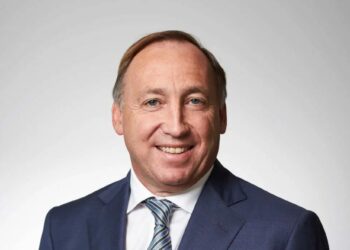People should be more careful about involving other family members in their self-managed superannuation funds (SMSFs) as it may not be in the best interest of all parties, although the recent proposal to increase the number of SMSF members to six targeted larger families, according to HLB Mann Judd.
The company’s director, Andrew Yee, said that although from the parents’ point of view, it may have seemed like a good thing, the possible downsides may cause serious problems for all members in the long term.
“Parents and their children are at different stages in life and therefore have different investment horizons and different requirements from superannuation,” he added.
“For instance, parents could be retired or planning for retirement, whereas their children may be just entering the workforce or even still studying; therefore their investment risk profiles are likely to be very different.
“They will need separate investment strategies in the fund and this would complicate the administration and investment strategy of the fund.”
Additionally, further complications may appear if the parents were in pension phase and drawing their pension benefits while other members would be still in accumulation phase and contributing to their super.
“Another consideration is that if some members decide to travel or live overseas for an extended period of time – something that younger people will probably want to do – then the SMSF may become a non-resident fund, non-complying SMSF, as the central management and control of the SMSF trustees is not mainly based in Australia,” Yee warned.
“A worst-case scenario is that the SMSF will be deemed non-complying and lose half of its assets in penalties.”




